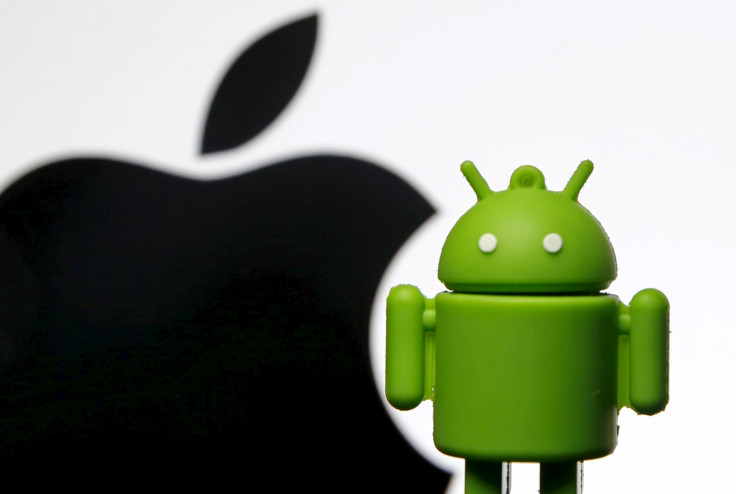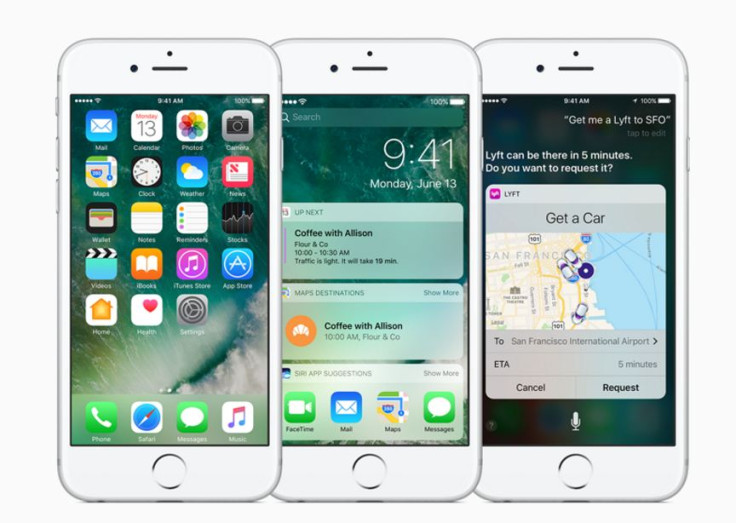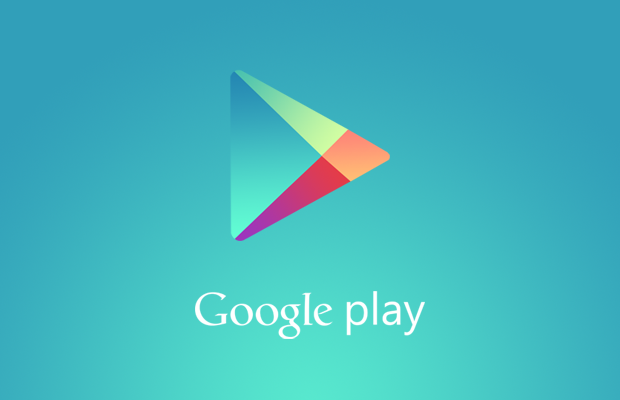Android vs iOS: 3 ways Google's platform shows iPhone users are treated like little kids
Freedom vs ease of use, which do you prefer?

Apple iOS vs Android is a debate that will likely never conclude.
Let's face it, there are too many pros and cons on each to really give a definitive answer. Android gives you freedom, but iOS just works... We've heard it all before. But as anyone who has made the switch from Apple to Android will tell you, there's a lot to like about Google's mobile software.
Interestingly, the biggest thing Android shows is how coddled Apple iOS users are. This is a good thing for a lot of people, especially anyone over 60 or under 16, not to mention those who have no deep interest in technology.
But for anyone else, Apple's iOS provides a watered-down operating system that wants to hold your hand while you cross the street.
Here are three reasons Android will make you feel like a child while using an iPhone:
1. Layout control

Apple's grid system of apps has been in place since the original iPhone. It's clean, it's easy and it works well. But what if you want to leave some space to show off your cool new wallpaper? Bad luck, that will be blocked by the clock and calculator apps.
Android lets you place apps wherever you want, on as many pages as you would like. Chuck some in the bottom corner, a few above the widget in the middle, it is all up to you. Widgets as well; Apple has slightly embraced them on the lock screen, but Android lets you put a giant currency converter right in the middle of a home screen if you want it.
Breakdown:
iOS is like being told you can't move furniture in your bedroom when you're six.
Android is like moving out of home and realising you can put your bed in your kitchen if you really want.
2. Apple's "big brother" mentality

Want to download a new app from the App Store? Lucky for you, Apple has kindly said that is OK. Not in the mood for a simple game and want to get into some torrents? Sorry, Apple says no.
95% of the apps you will ever need are on Apple's App Store, and diving into the Play Store's slightly deeper treasure trove likely won't yield much more. But that's not the point. Apple feeling the need to approve everything that exists on your iPhone is smothering. It is like a Big Brother complex to the extreme.
If a user wants to play an old Nintendo game on an emulator while they download a movie from Pirate Bay, then they should be able to. And if they get caught, that is their problem.
Breakdown:
iOS is like your older brother babysitting you when your parents are out.
Android is like touching the dinner plate after someone says its hot.
3. Notifications
💀 pic.twitter.com/OiDL5UWHmk
— Lewis Hilsenteger (@UnboxTherapy) November 28, 2017
Notifications are one of the biggest changes you will notice on Android. Google has managed to organise them significantly better than Apple has on iOS. If you get 15 Twitter notifications on your iPhone, they will come through one by one and clog up the feed. On an Android phone they are comfortably grouped into one.
No one wants to scroll through dozens of notifications when they can just click the app and check all of them at once. Android also lists the types of notifications in the bar at the top, with icons matched to the app they are from. That is handy.
Breakdown:
iOS is like your mum, dad, teacher, sister, brother and friends all telling you the same thing - you have cricket training after school.
Android is like seeing your cricket bag at the door before you leave home for the day - a subtle reminder.





















